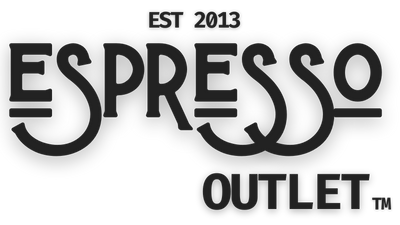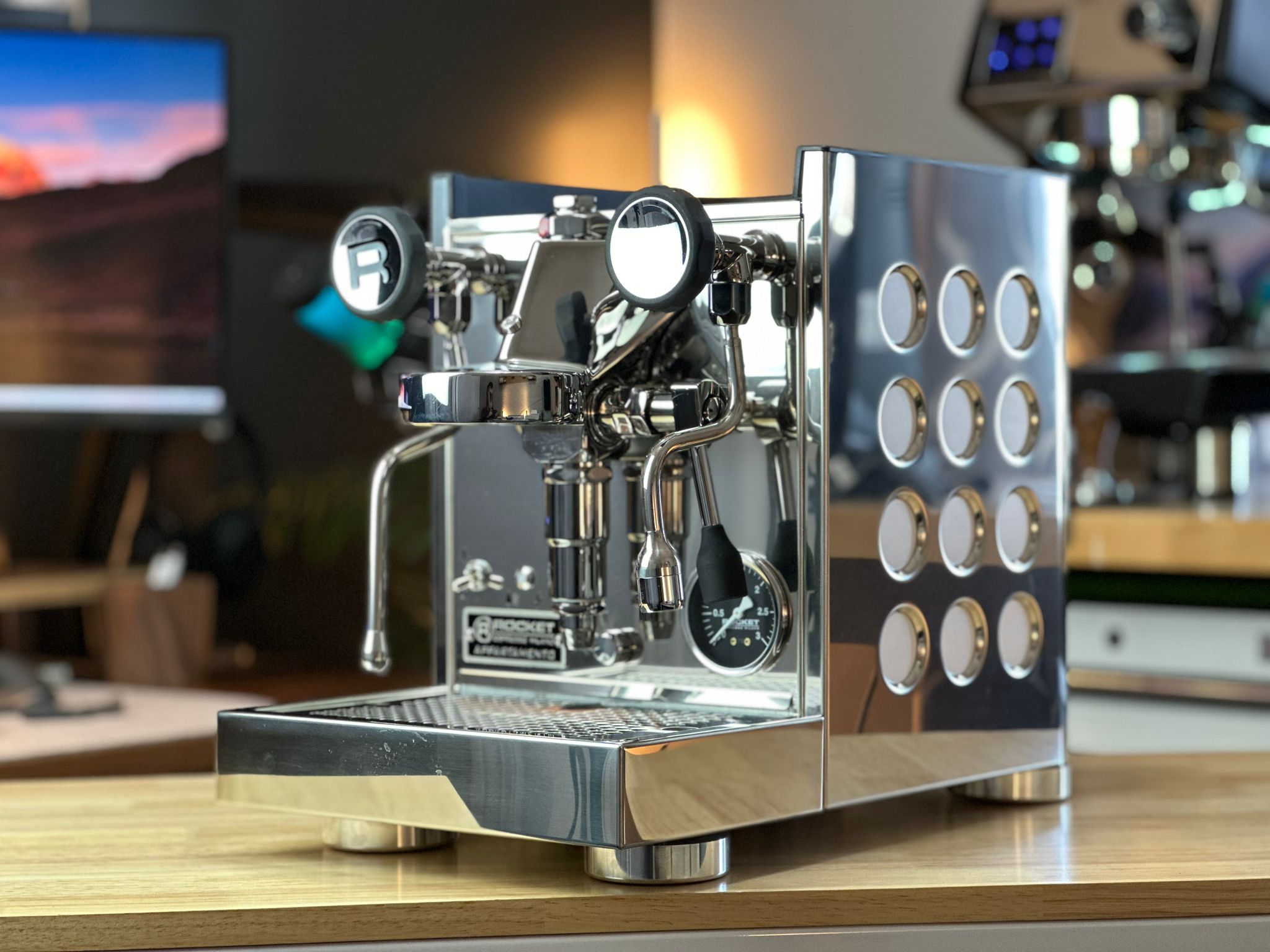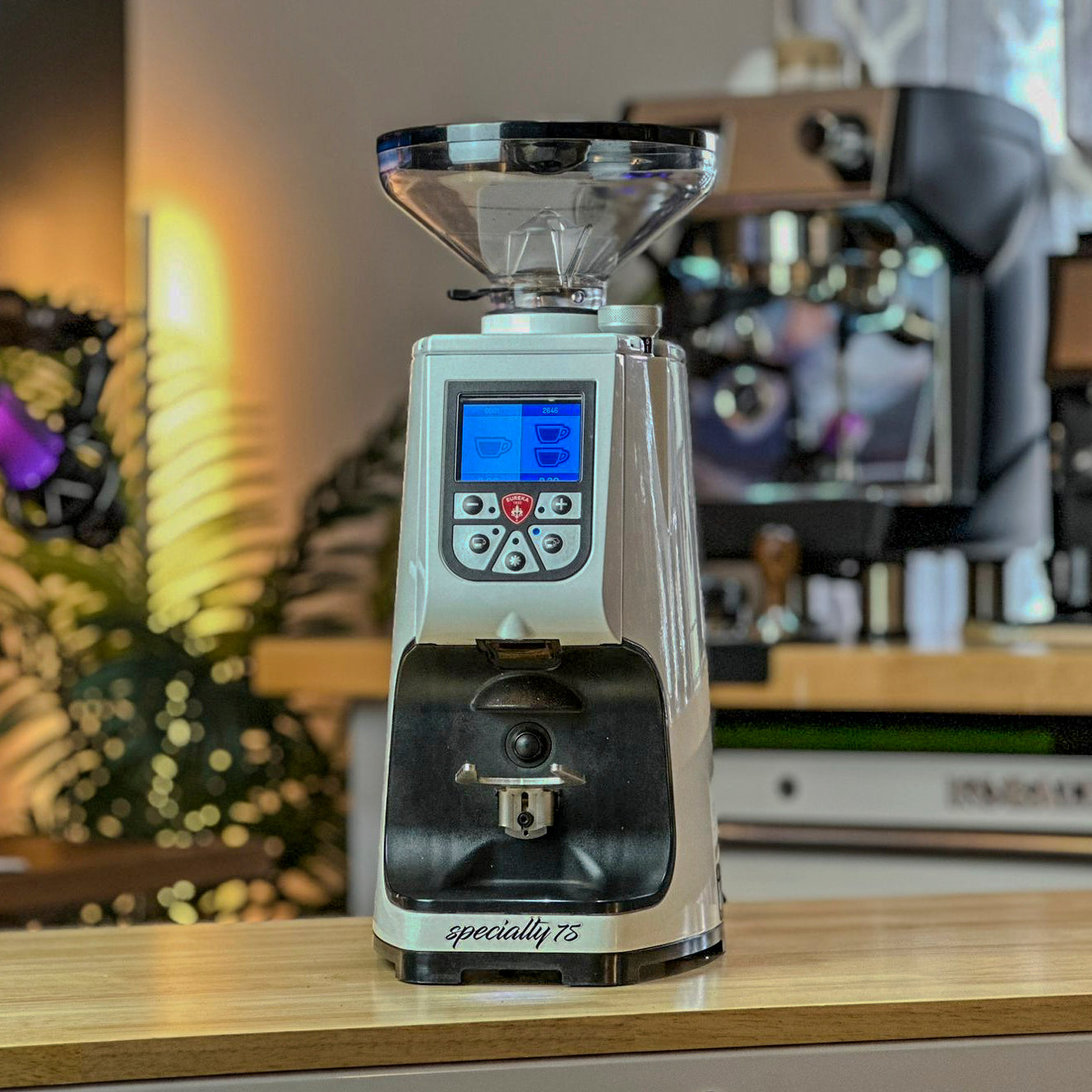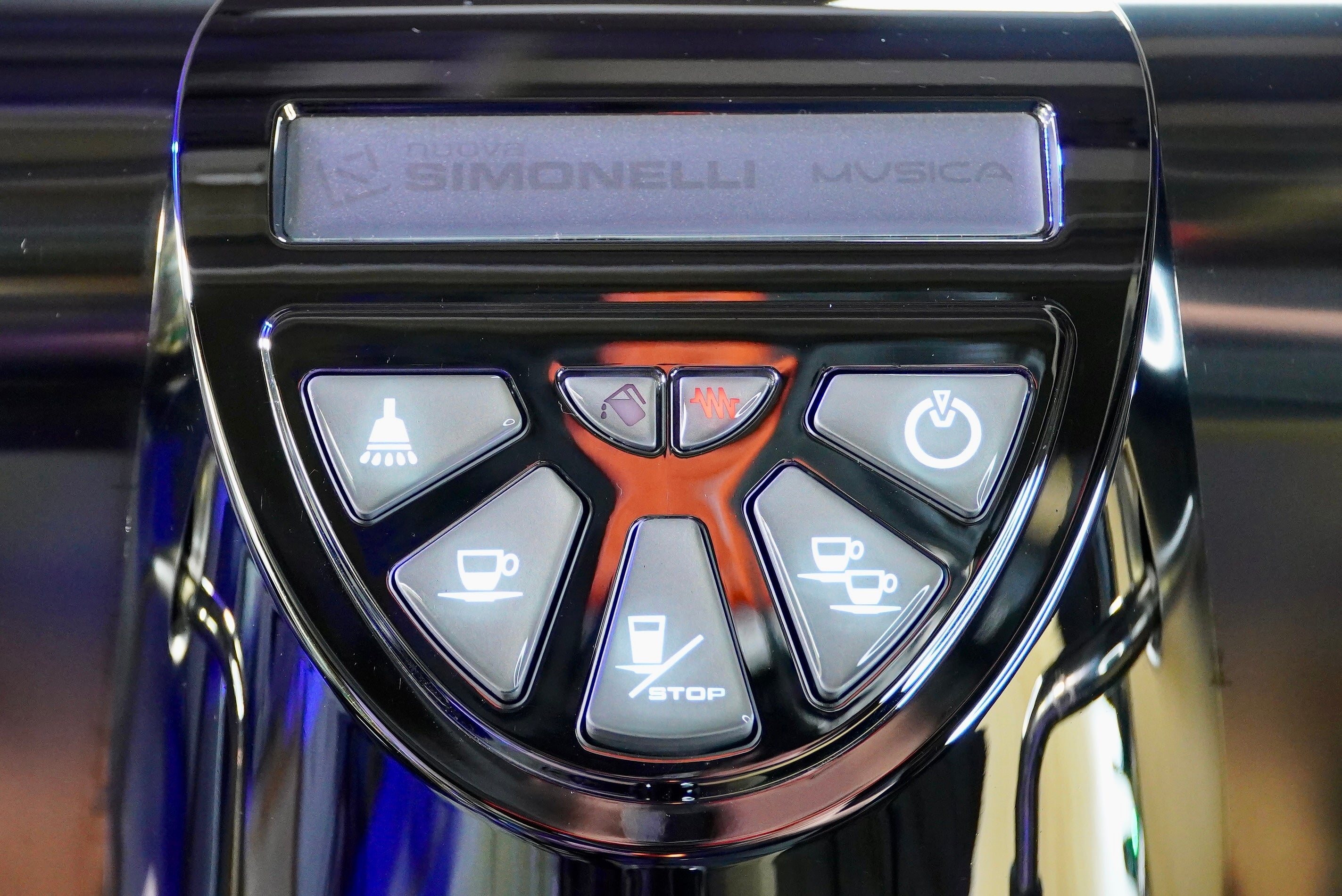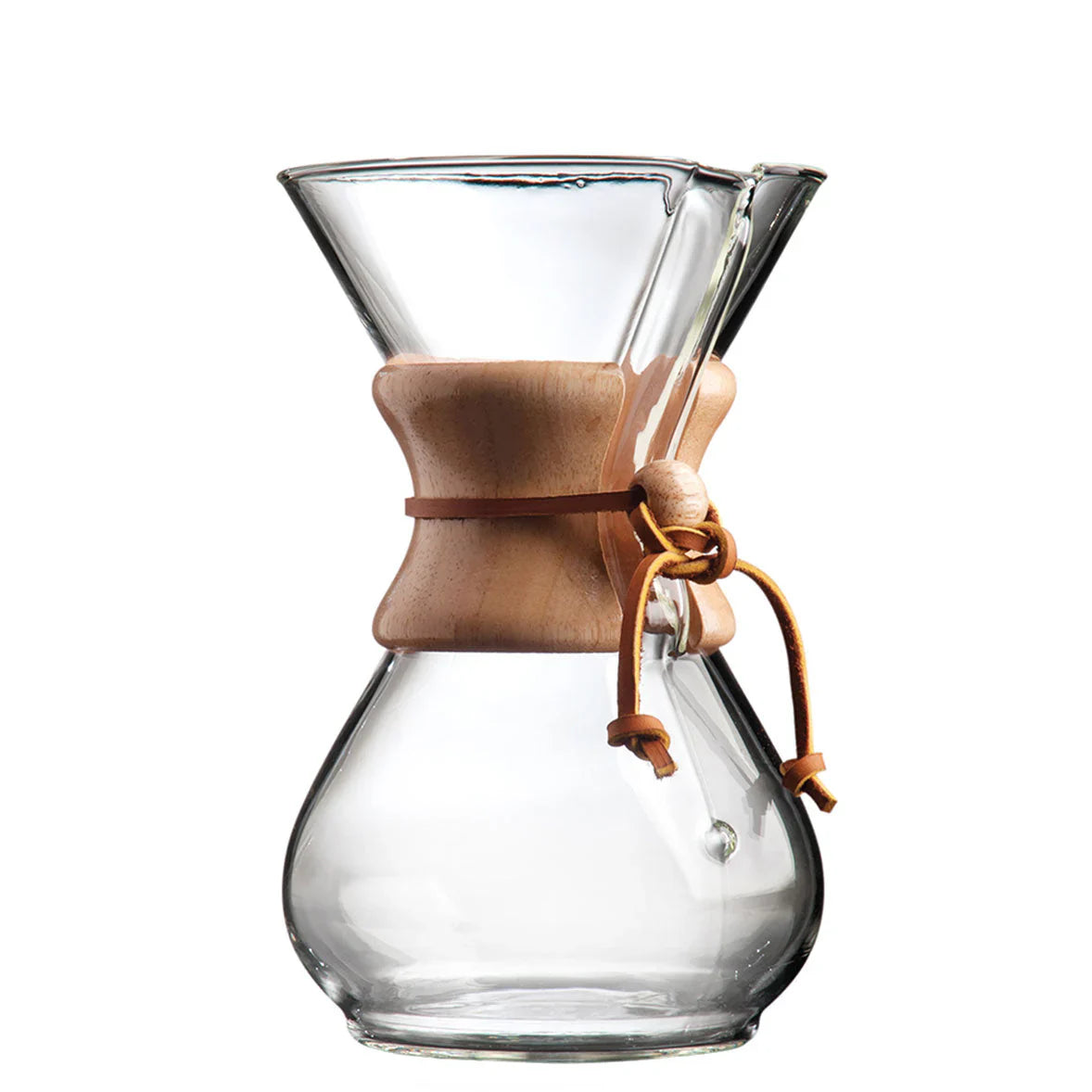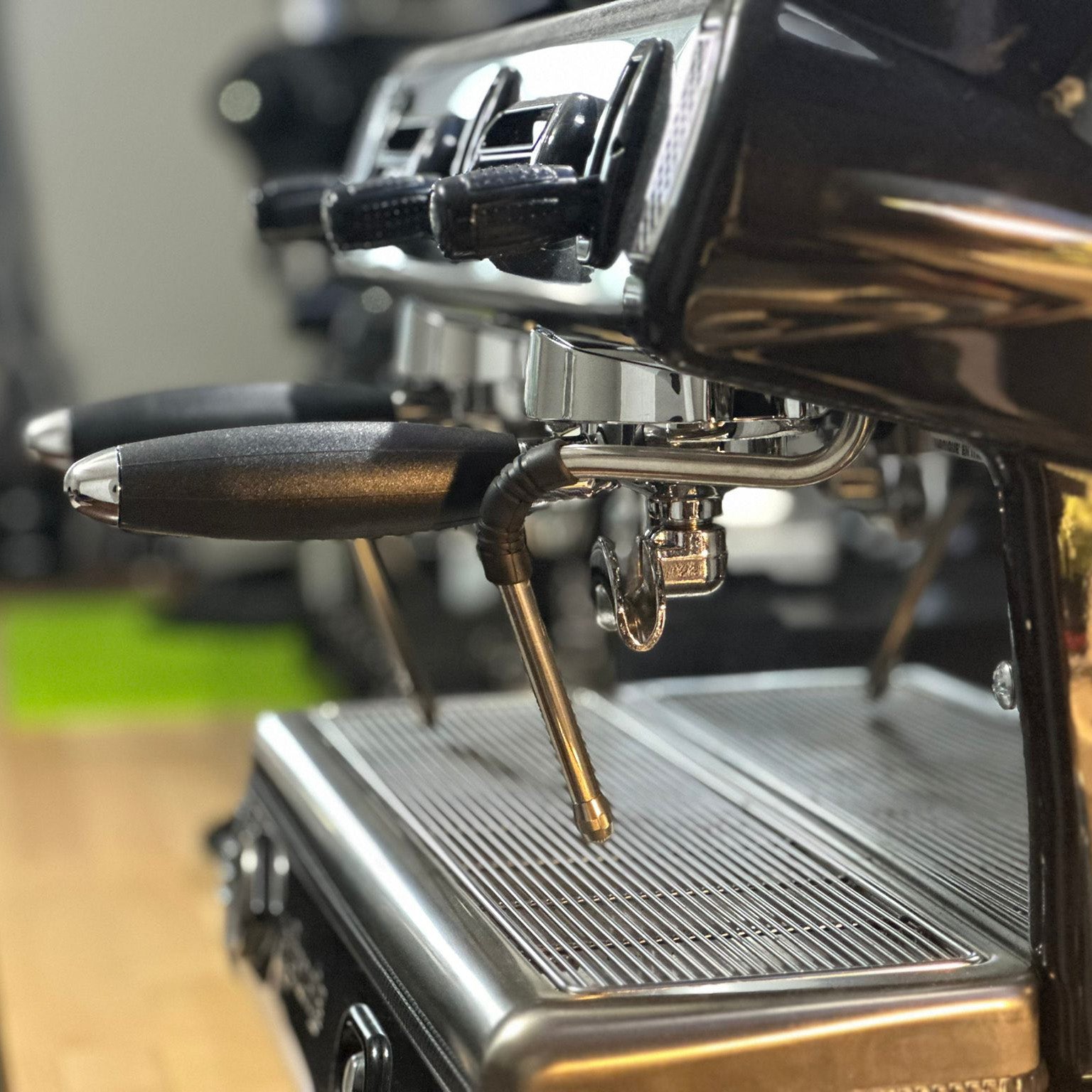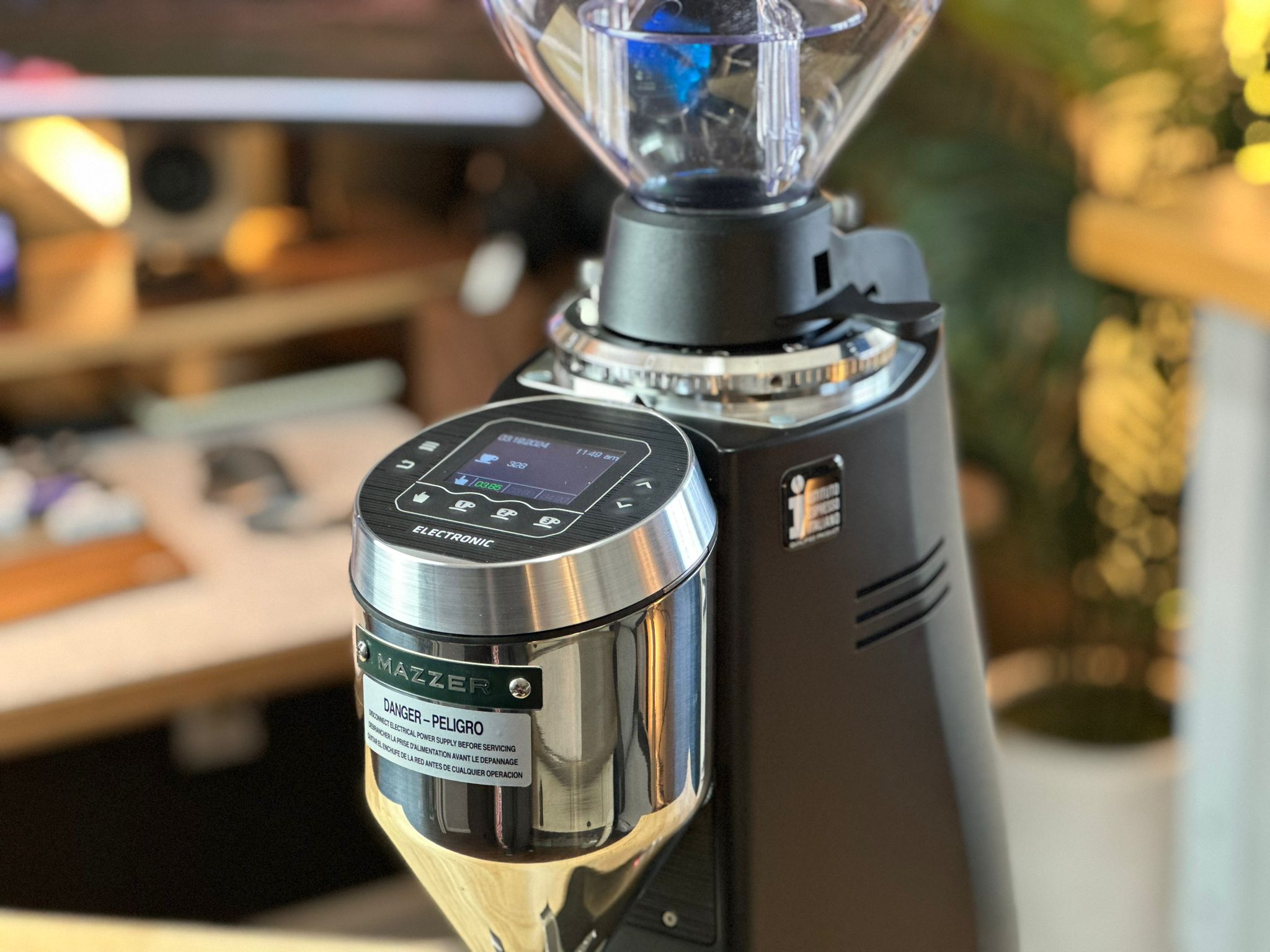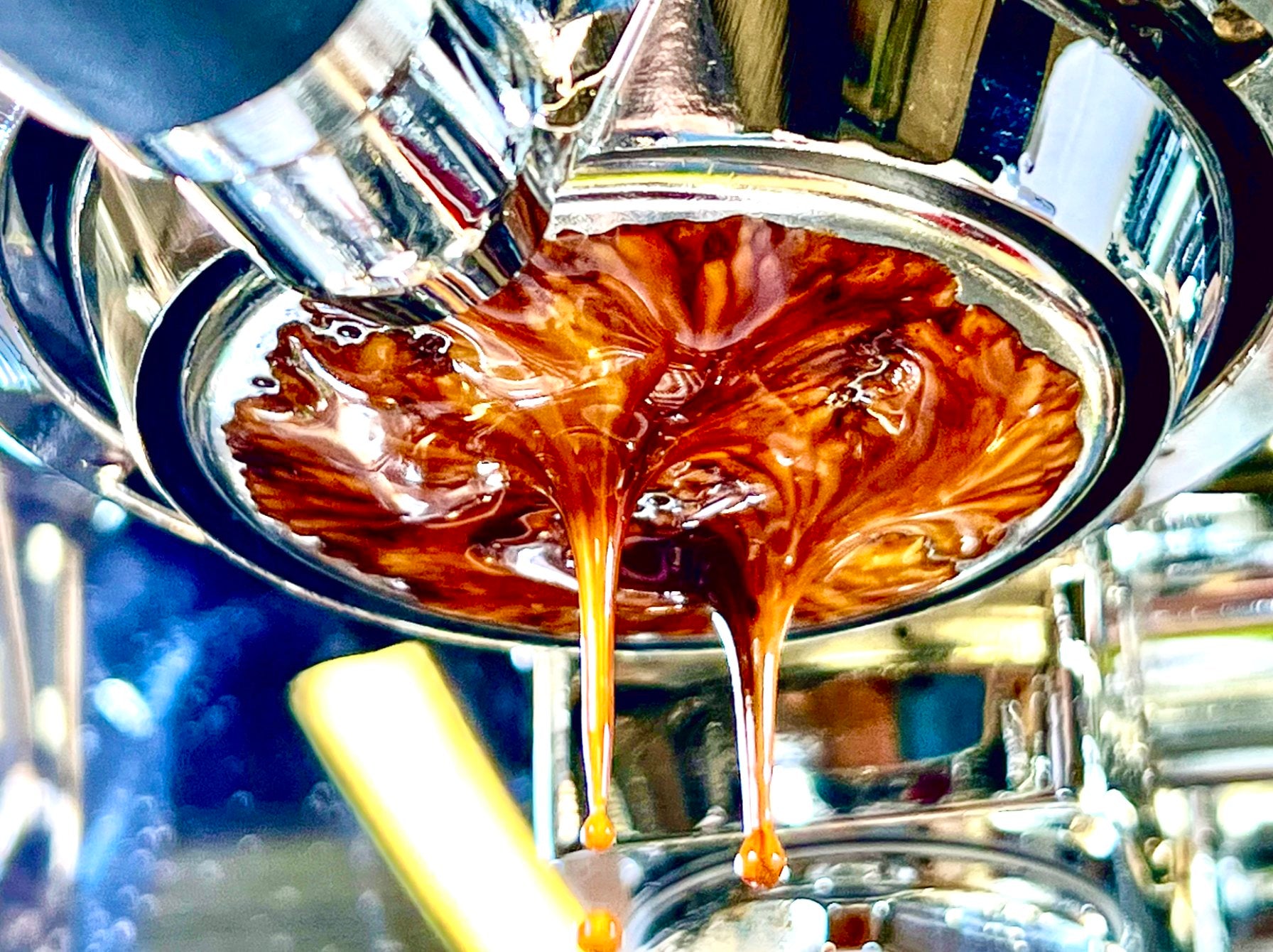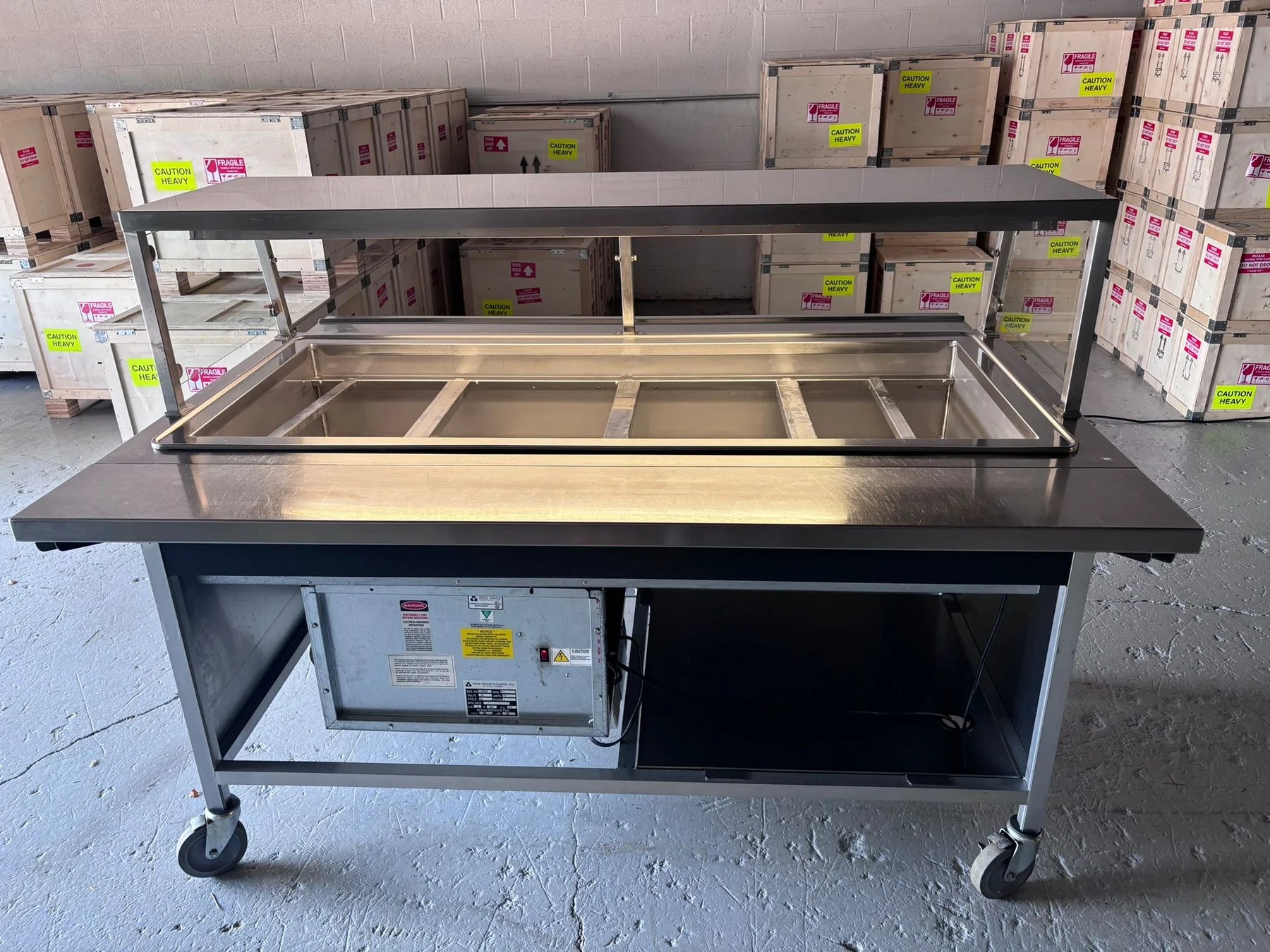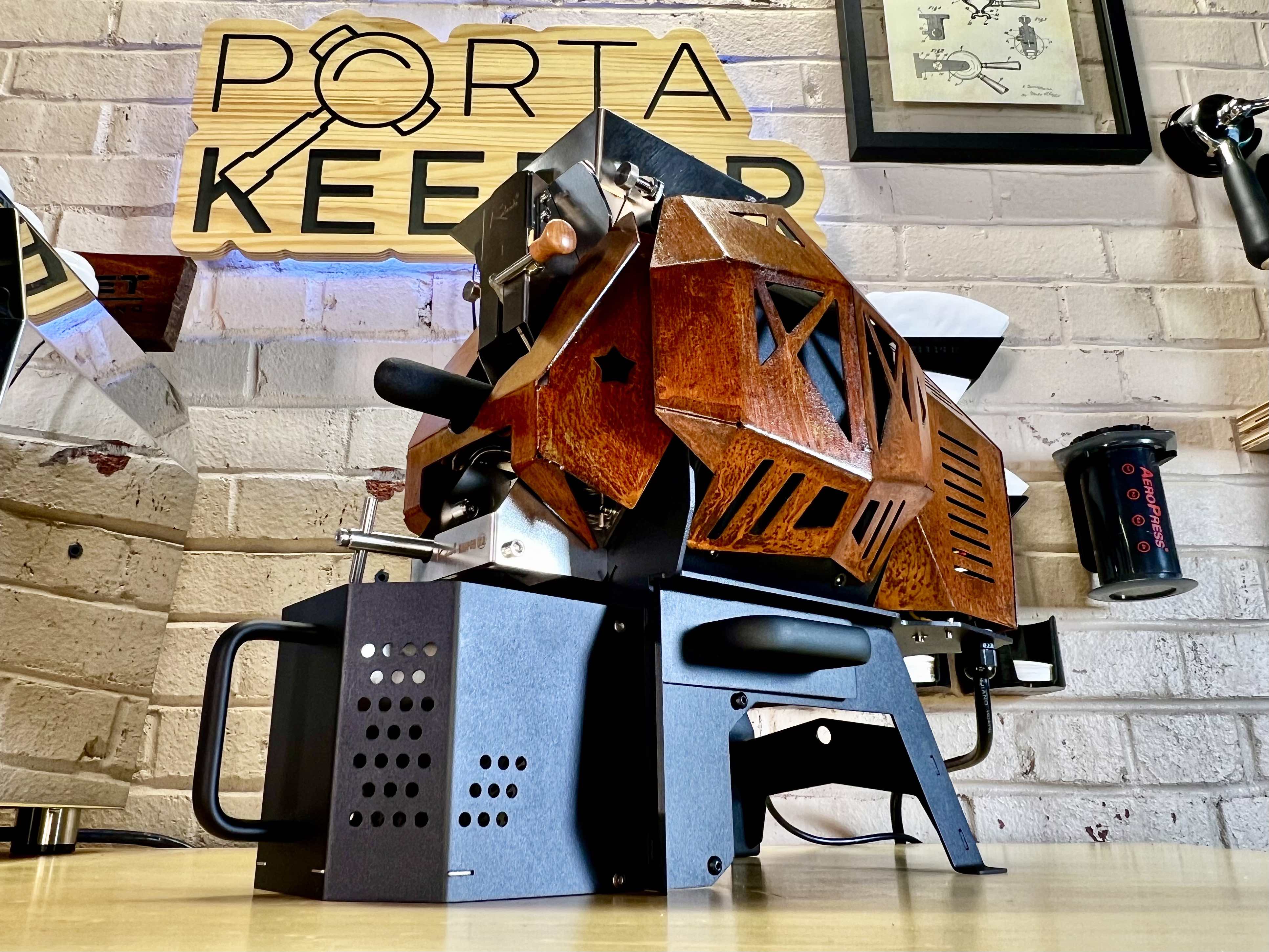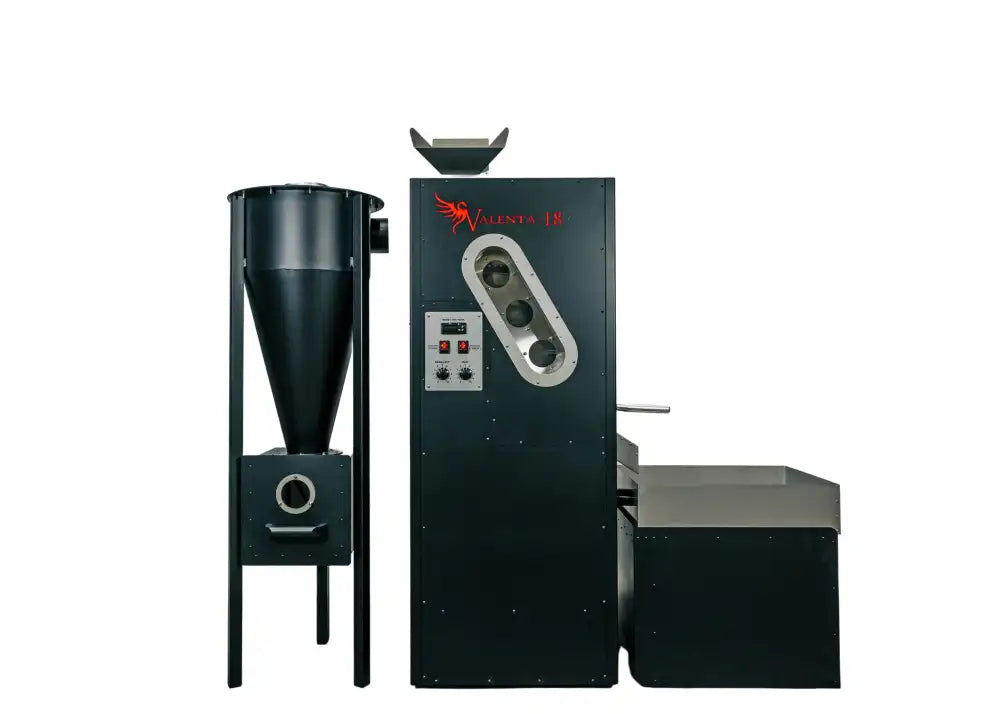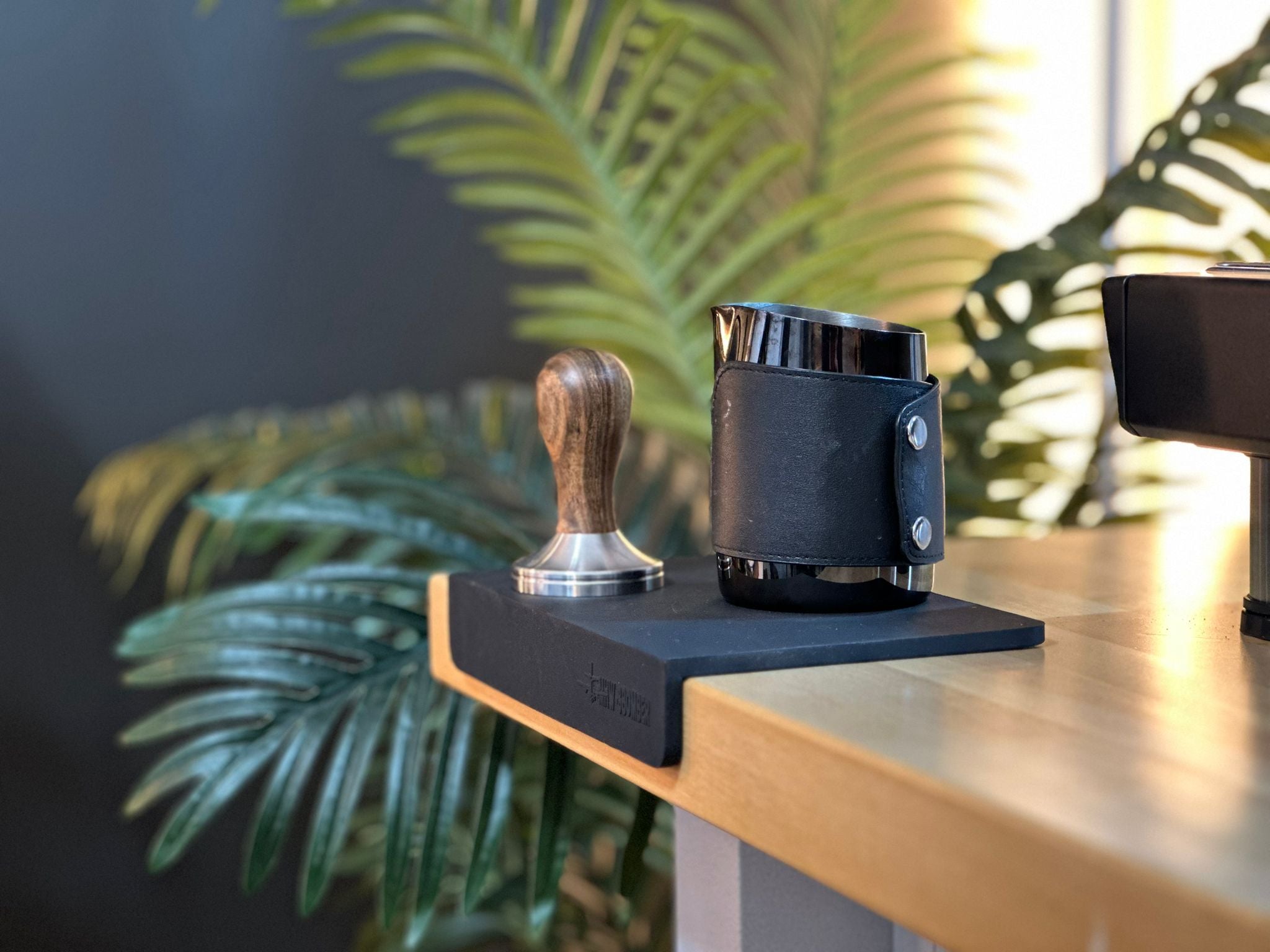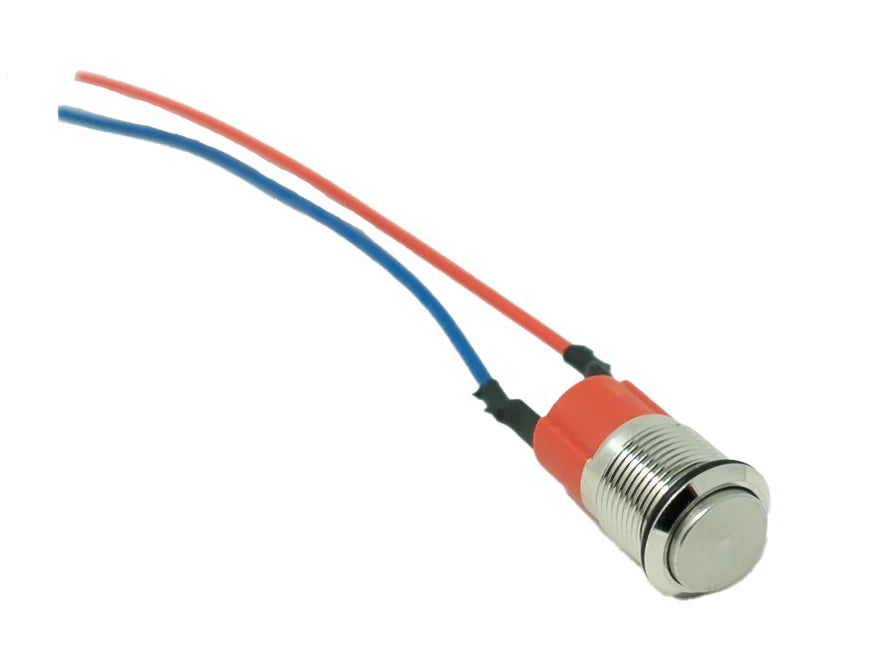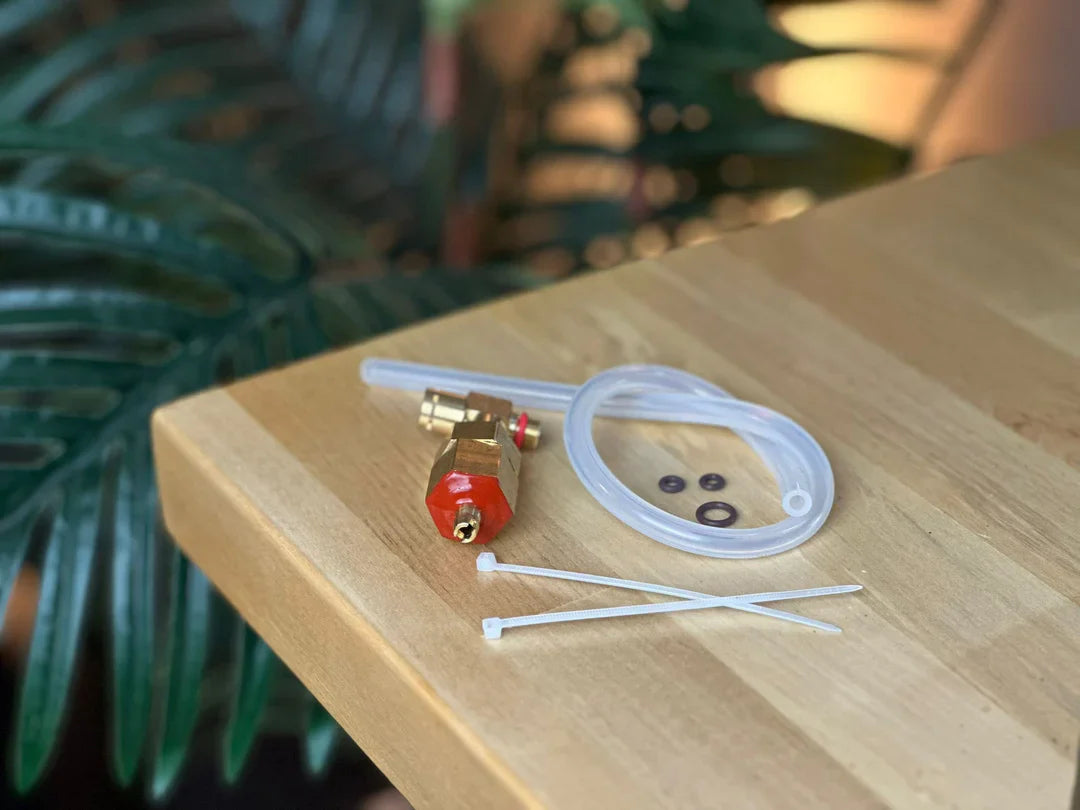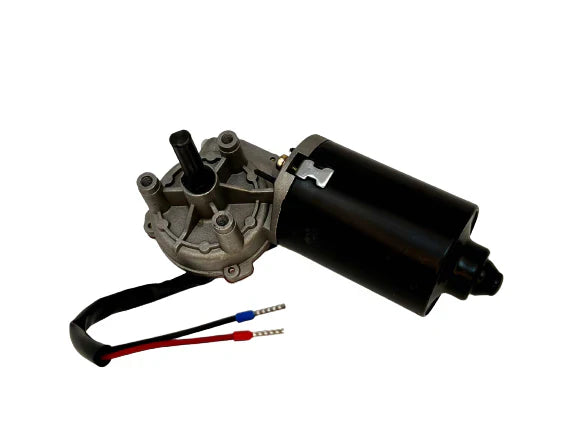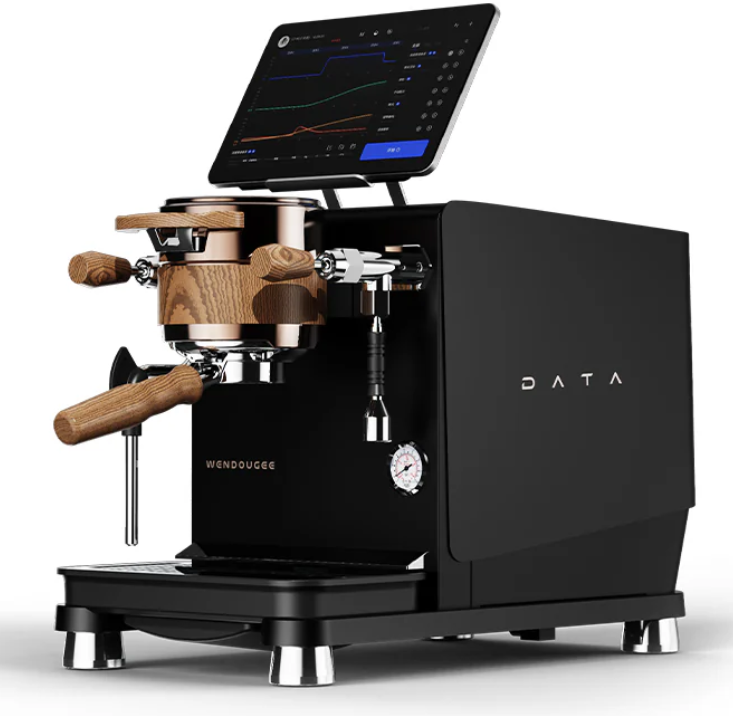How is bird friendly coffee certified?
Bird-Friendly certification is an eco-friendly coffee certification program developed by the Smithsonian Migratory Bird Center (SMBC). It ensures that coffee is grown in ways that protect natural habitats, specifically focusing on the preservation of shaded habitats that support migratory bird populations. The certification process involves several criteria that must be met, and it builds on the foundation of organic farming. Here's how the Bird-Friendly certification process works:
1. Organic Certification
- Pre-requisite: To be eligible for Bird-Friendly certification, the coffee farm must first be certified organic by a recognized body (e.g., USDA Organic). This ensures that no synthetic pesticides, herbicides, or fertilizers are used, protecting the overall ecosystem, soil health, and water quality
2. Shade-Grown Coffee Practices
- Minimum Shade Requirements: Bird-Friendly certification mandates that coffee be grown under a forest canopy. The canopy must have a minimum of 40% to 50% cover, which is essential for creating the right habitat for birds and other wildlife
- Tree Diversity: The certification also requires a diverse canopy, with at least 10 different native tree species per hectare. This diversity is crucial for providing food, nesting areas, and protection for bird species and other wildlife. Native trees support the insect populations that many migratory birds rely on for food during their long migrations
3. Structural Layers in the Canopy
- The farm must have multiple canopy layers (stratification), simulating the structure of a natural forest. This includes an overstory, mid-level, and understory of vegetation. This structure provides a variety of habitats for birds, which use different parts of the canopy for nesting, foraging, and resting
4. Certification Inspection and Approval
- The farm is inspected by Smithsonian-trained inspectors or an authorized third party to ensure that all of the required ecological and organic standards are met. Once verified, the farm is awarded the Bird-Friendly certification, allowing it to use the Bird-Friendly logo on its products.
- Certification must be renewed every three years to ensure continued compliance with the Bird-Friendly standards
5. Additional Sustainability Practices
- Farmers are also encouraged to employ agroforestry practices, which can include planting other crops or trees that help maintain biodiversity and reduce erosion. These practices further protect the environment and the natural habitats that birds rely on.
Importance of Bird-Friendly Certification:
The Bird-Friendly certification goes beyond other certifications by focusing specifically on biodiversity and the preservation of ecosystems that support migratory birds. By maintaining natural habitats, coffee farms not only protect bird species but also contribute to healthier ecosystems overall, providing benefits like carbon sequestration, soil conservation, and sustainable livelihoods for farmers.
Conclusion:
The Bird-Friendly certification ensures that coffee is grown under sustainable, shade-grown conditions that protect bird habitats and promote organic farming. This program supports the conservation of biodiversity and helps farmers grow coffee in an environmentally responsible way, providing economic incentives for sustainable practices. By purchasing Bird-Friendly certified coffee, consumers directly support these conservation efforts.
